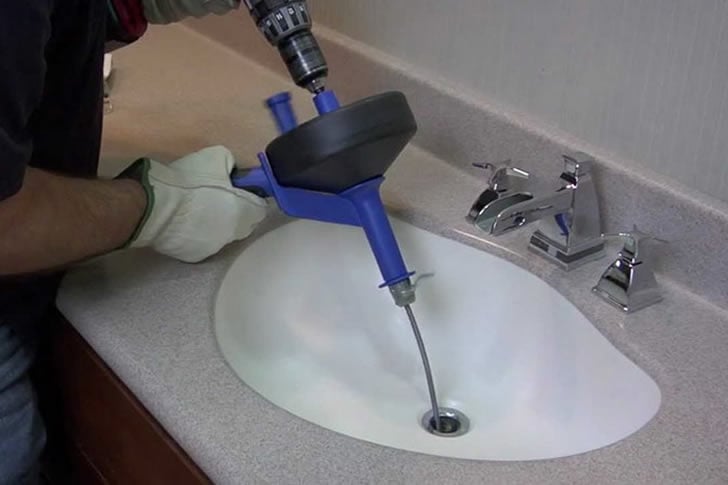A blocked drain can be a nightmare. Here are some tips to prevent clogs and advice on when to enlist a professional.

Drains are essential components of any plumbing system, directing wastewater out of your home and into the sewer or septic system. Understanding how they work can help you maintain them better and prevent clogs.
Clogs usually occur when foreign objects or debris build up inside the pipe, blocking water flow. Common culprits include:
Prevention is always better than cure. Simple habits can significantly reduce the likelihood of encountering a clogged drain.
If a clog occurs, there are several do-it-yourself methods you can try before calling a professional.
A plunger can be effective for minor clogs. Make sure there's enough water to cover the plunger’s cup, and use firm, rapid strokes.
A mixture of baking soda and vinegar can help break down minor clogs. Pour half a cup of baking soda followed by half a cup of vinegar down the drain. Cover and wait for 15-30 minutes, then flush with hot water.
A plumbing snake, or auger, can reach deeper clogs. Insert the snake into the drain and turn the handle to break up the blockage.
Pouring boiling water directly down the drain can dissolve some minor clogs, especially grease and soap scum.
Some clogs require professional intervention. Here are signs you need an expert.
If DIY methods don’t work and the clog keeps recurring, it's time to call in a professional. Persistent clogs may indicate a more severe problem deeper in the plumbing system.
Foul smells coming from your drains often signal a buildup of waste or a serious clog. Professionals can identify and fix the problem, ensuring your drains work properly.
When multiple drains are clogged simultaneously, it usually indicates a major issue with your main sewer line. This situation requires immediate professional attention.
If water drains slowly even after trying DIY methods, a professional plumber can diagnose and resolve the underlying issue.
Unusual sounds like gurgling or bubbling could indicate a clogged vent pipe or sewer line, which needs professional inspection and repair.
Water backing up into sinks, tubs, or toilets is a major sign of a serious blockage. This can cause extensive damage if not addressed promptly by a professional.
When it's time to call a professional, choosing the right one is crucial.
Look for reviews, ask for recommendations, and check for certifications and experience. A good plumber should have a solid reputation and relevant expertise.
Get multiple estimates to understand the cost range for the job. Avoid choosing solely based on the lowest price; consider the quality of service and experience.
Ask potential plumbers about their approach to diagnosing and fixing your problem. A transparent and communicative professional is preferable.
Ensure that the professional offers a warranty for their work. A warranty provides peace of mind and ensures quality service.
Maintaining your drains and preventing clogs can save you time, money, and frustration. Simple habits and DIY methods are usually sufficient for minor issues. However, don’t hesitate to call a professional when facing persistent or severe clogs. A good plumber can resolve your issues efficiently, ensuring that your plumbing system runs smoothly.
Explore the Tranquil Bliss of Idyllic Rural Retreats

Ultimate Countdown: The 20 Very Legendary Gaming Consoles Ever!

Understanding Halpin and its Influence

Affordable Full Mouth Dental Implants Near You

Discovering Springdale Estates

Illinois Dentatrust: Comprehensive Overview

Embark on Effortless Adventures: Unveiling the Top in Adventures Made Easy Outdoor Equipment

Unveiling Ossur Valves: Innovation in Prosthetics

Unlock the Full Potential of Your RAM 1500: Master the Art of Efficient Towing!
